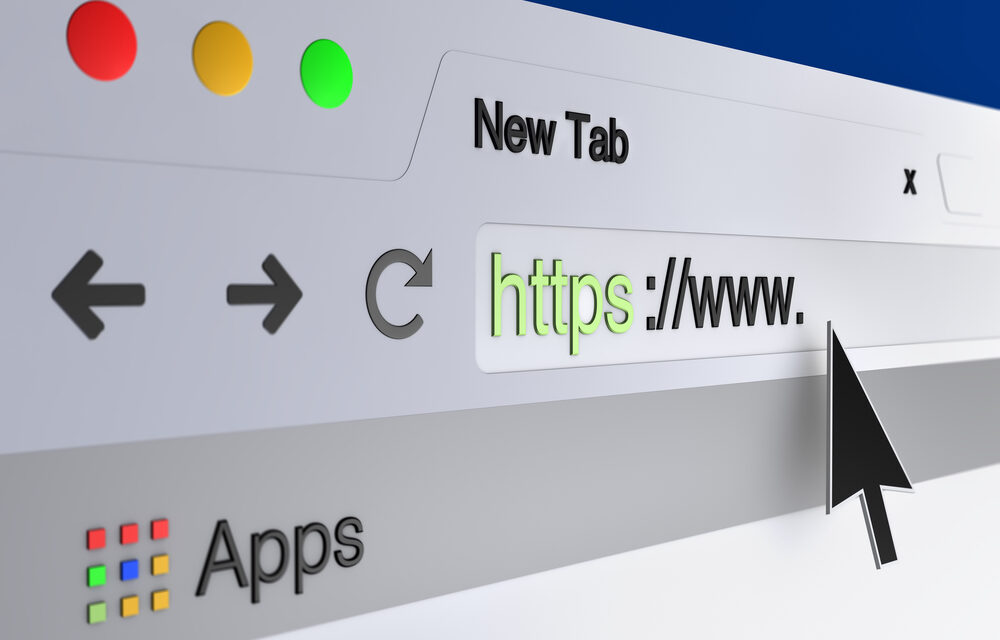Surfing the Web Anonymously: How to Protect Your Privacy in the Modern Digital World
In today’s connected world, surfing the web has become a daily activity for most of us, but with that comes increased risks to your privacy. Every time you visit a website, you’re leaving behind traces of personal information, even if you think you’re being cautious. The idea of “anonymous surfing” may sound like a thing of the past, but it’s more relevant today than ever as online tracking methods have become more sophisticated. This article explores how your information is collected, what you can do to protect yourself, and what the future holds for online privacy.
What Information is Being Collected?
Every time you browse the web, websites collect certain information about you, even if you’re not aware of it. This includes your IP address, your location (often narrowed down to your city), the type of device and operating system you are using, and your browsing history. It doesn’t stop there—websites can also track your habits through cookies, and if your system supports certain protocols like identd, your computer’s name and even your own name could be accessible.
How does this happen?
When you connect to a website, information about your connection is exchanged as part of the communication process. This data, when intercepted by third parties or trackers, can be used to create a detailed profile of your browsing behavior. Advertising networks, for example, use this data to show targeted ads based on your interests, while malicious actors may attempt to exploit it for more nefarious purposes.
Protecting Yourself: Can You Surf Anonymously?
Yes, you can surf the web anonymously, but it’s important to know that no method is 100% foolproof. However, there are several tools that can make it significantly harder for others to track your online activities. One such method is using anonymous proxy servers. These servers act as intermediaries between you and the websites you visit, hiding your real IP address and substituting it with their own.
There are both free and paid options for anonymous proxy servers. Tools like ShadowSurf and Guardster used to be popular for this purpose, but in today’s landscape, there are more modern solutions like NordVPN, ProtonVPN, and Tor Browser. These tools help protect your identity and make it harder for websites and trackers to monitor your activities. Using a VPN or Tor Browser, in particular, is recommended as they encrypt your traffic, making it harder for third parties to intercept your data.
The Role of Encryption in Anonymity
Another effective way to maintain your privacy is by using an encrypted connection, such as a Virtual Private Network (VPN). VPNs encrypt all your internet traffic, making it unreadable to anyone who might be snooping on your connection. Many people today use VPNs to bypass geo-restrictions or protect their privacy when using public Wi-Fi, but the most important feature is its ability to anonymize your browsing by masking your IP address.
If you’re particularly concerned about privacy, you can combine VPNs with tools like the Tor Browser, which routes your traffic through multiple nodes, making it extremely difficult to trace. While these tools provide great security, it’s important to note that they also come with some trade-offs in speed and usability.
Additional Privacy Tips for Anonymous Surfing
In addition to using VPNs and proxy servers, there are several other steps you can take to minimize your digital footprint:
- Delete cookies after each session: Cookies track your behavior as you move from one site to another. By deleting them regularly, you reduce the amount of information available to third parties.
- Disable JavaScript, Java, and Active Content: While these are used to enhance website functionality, they can also be used to track you. Disabling them provides additional protection but may limit your browsing experience.
- Use private browsing mode: Browsers like Chrome, Firefox, and Safari offer private or incognito modes that don’t save your browsing history or cookies.
As cybersecurity expert Bruce Schneier once said, “Privacy is not something that I’m merely entitled to, it’s an absolute prerequisite.” This sentiment rings true today, as our digital lives have made privacy a fundamental necessity, not a luxury. Without privacy tools like encryption and anonymous browsing, we risk exposing personal information to those who may misuse it. In an age where data is more valuable than ever, protecting your privacy should be a top priority.
While anonymous browsing isn’t foolproof, there are effective measures you can take to protect your privacy online. By using tools like VPNs, proxy servers, and encrypted connections, you can make it much harder for anyone to track your digital movements. In a world where personal data is constantly being harvested, it’s important to remain vigilant and stay informed about the latest privacy solutions.
Want to take control of your online privacy? Start browsing safely today by using a VPN or encrypted proxy server. For expert advice on the best tools to protect your digital footprint, contact Wilson Alvarez for a consultation.
#OnlinePrivacy #AnonymousBrowsing #VPN #SurfingAnonymously #WebSecurity #DigitalPrivacy #DataProtection





